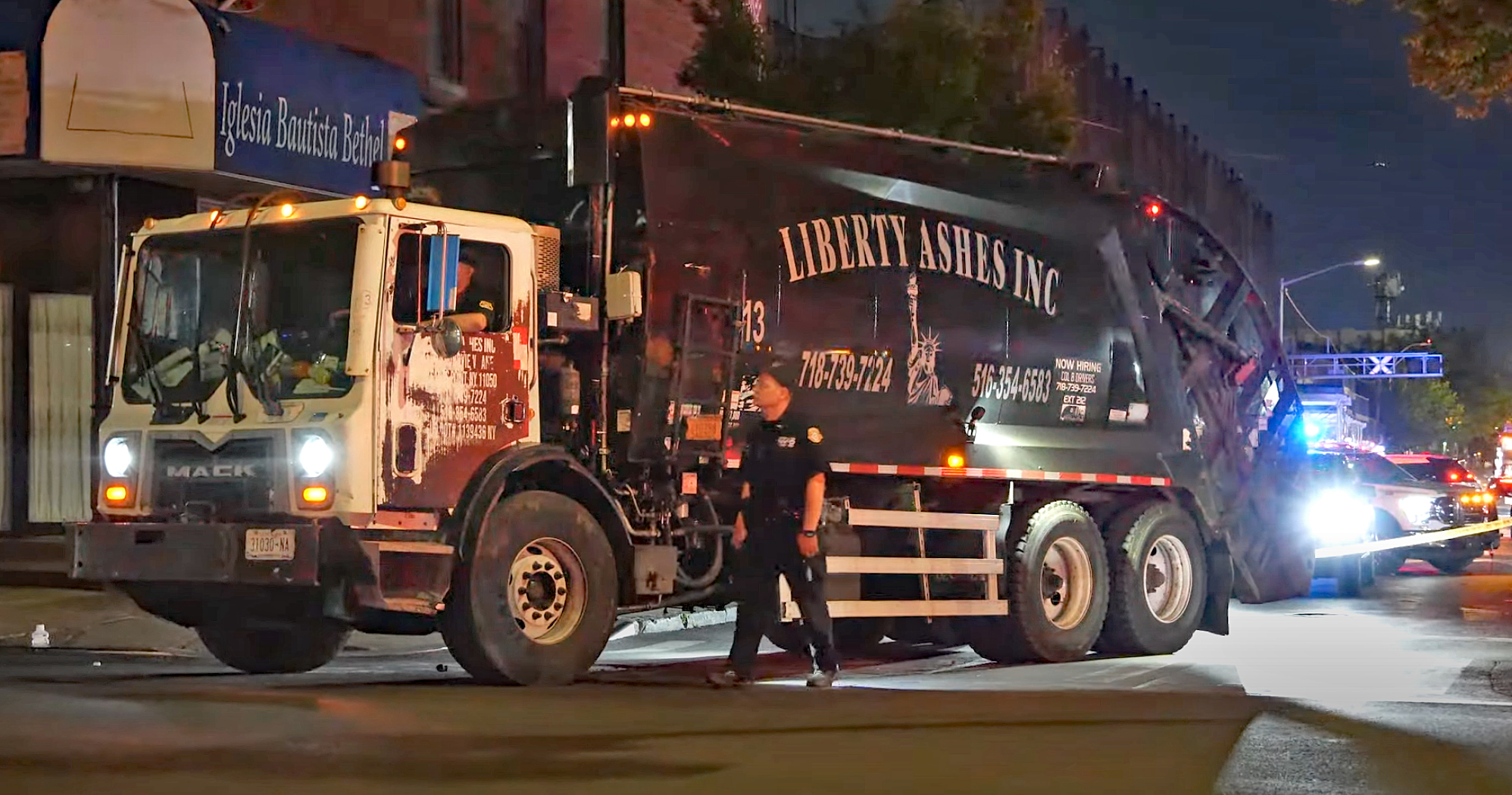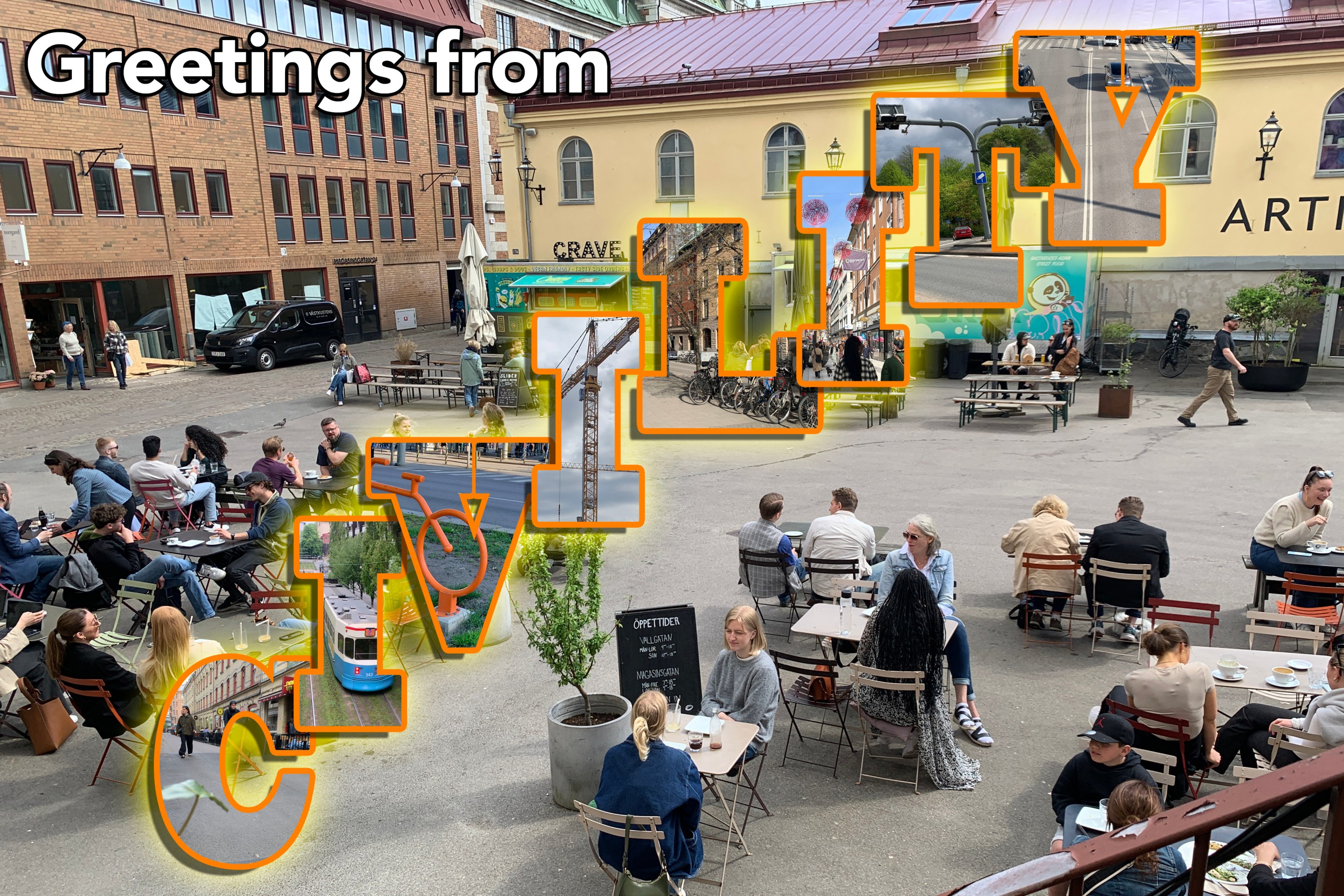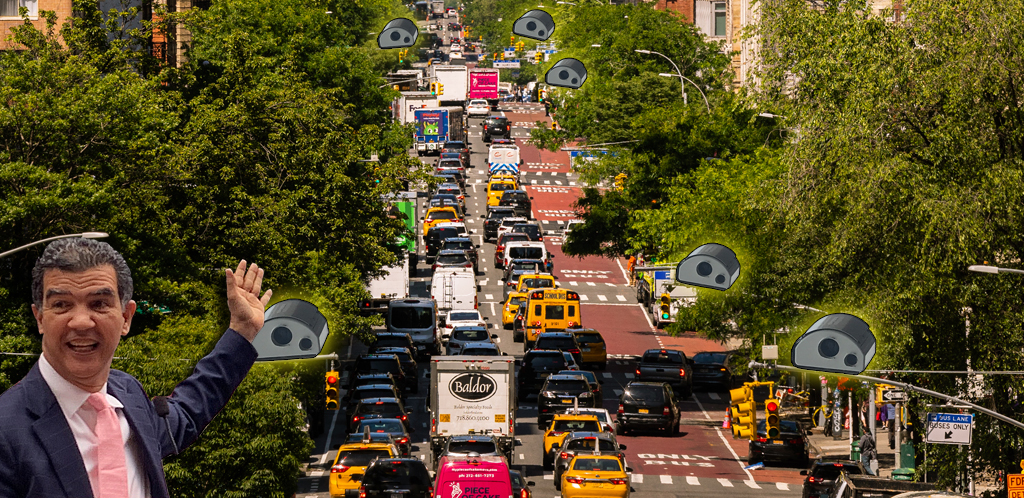 Too many American cities and towns are places where humans fear to tread. (Photo: =kryz= via Flickr)
Too many American cities and towns are places where humans fear to tread. (Photo: =kryz= via Flickr)A few months ago, we had a discussion in this space about the question of whether mobility is a basic human right. Many commenters expressed concern that framing the issue this way was counterproductive, leading to the impression that people in our society should have the right to jet anywhere they want at a moment's notice. Here's what commenter Mark Walker had to say then:
I would argue that we're already hyper-mobile and need to reduce the need for mobility by building walkable communities served by efficient and sustainable transit. Telling Americans mobility is a human right is like telling the morbidly obese that Doritos are a human right.
Several other commenters suggested reframing the argument to emphasize "accessibility" rather than "mobility." And that's exactly what member blog A Place of Sense, in Indianapolis, is talking about today.
The blog's author, Graeme Sharpe, writes that it can be instructive to keep the Americans with Disabilities Act in mind when considering how much access people have to the amenities and opportunities of their towns and cities:
[T]he Americans with Disabilities Act of 1990, Title III, clearly defines universal accessibility as a right. Architectural barriers to access are not permitted in open establishments, transportation, or public places.
It is well known that the layout of a city shows the values of its citizens. Seen through the lens of the ADA, our street design policies are upside down. Accessibility is a prime concern for any new building
project, but other than a few laudable street designs (Cultural Trail!), most cities cede the public right-of-way to automobiles without a second thought.…I’m not arguing for a city closed to traffic (which would present a barrier to access by itself), but certainly our cities need a better balance. If we believe that universal accessibility is a civil right worthy of our highest levels of protection, then why are there barriers to access at nearly every street corner?
Why indeed? Why are so many of our towns and cities designed in such a way that you need a car to cross a street safely (a situation I experienced recently in Pahrump, Nevada)?
I personally have no problem with the term "mobility," if it is understood as the ability to move about the public space safely and freely. But whether you call it mobility or accessibility, people should not be prisoners of municipal infrastructure that disenfranchises anyone who is not driving an automobile -- whether for reasons of age, health, ability or personal choice.
More from around the network: Discovering Urbanism on the preference young families show for auto-dependent suburbs. Let's Go Ride a Bike on evolving bike etiquette in a city (Chicago) with booming ridership. And Spacing Toronto on the politics of biking in that city.




